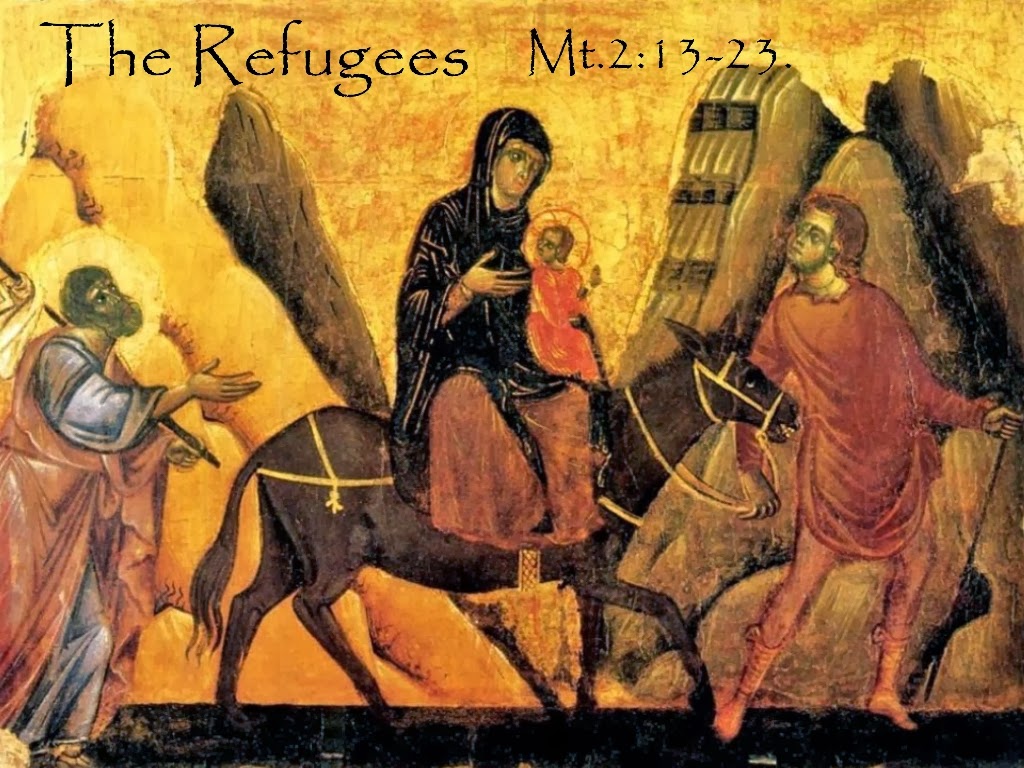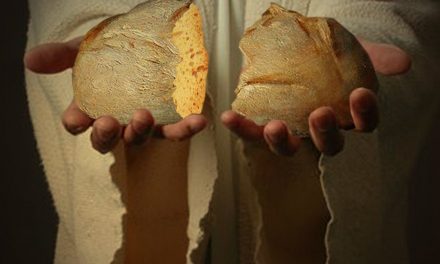Amos 7:12-15![]()
Psalm 85
Ephesians 1:3-14
Mark 6:7-13
I have long been fascinated by the complex relationship between human actions and God’s grace. At the heart of the mysterious interaction between God’s grace and human action is a paradox. On the one hand, individuals must make moral choices and act with the full use of free will. On the other hand, experience reveals that some of the most important choices are made only with great difficulty, and often we are unable to make these choices without some kind of outside help.
Paul writes about this as the struggle between the flesh and the spirit. In this Sunday’s readings he writes about this in relation to God’s will, a theme he repeats throughout his letter to the Ephesians. If the struggle between the flesh and the spirit (last Sunday he called it his “thorn in the flesh”) is a constant temptation to despair, the security of trusting in God’s will is the anecdote that leads to hope. (Those familiar with Kierkegaard will see the connection here to his “Sickness Unto Death.”)
We struggle with old habits that die hard – perhaps some are more explicitly recognized by society as addictions, and others are more mundane – and we are unable to free ourselves from these patterns. The paradox is that in order to be free we must first surrender. It is only when we let go of the illusion of control that God’s grace then swoops in and frees us to do what we could not do for ourselves.
But then we cannot stop there, because of course we must continue to act. So, we listen for God’s Word, we surrender, God’s grace is given to help, and then we act with greater freedom – repeat as needed. The life of prayer could perhaps be summed in just this cycle. This is the spiritual growth in freedom and grace that is the fruit of prayer, liturgy, and assimilation of God’s Word in Scripture.
Amos exemplifies this pattern in hearing God’s call to prophesy, even though he does not consider himself a Temple prophet as he is accused of being in this week’s reading. He listens, he is given grace, he acts. The apostles follow a similar pattern. Just to underscore the point that the apostles must first surrender to Jesus’ will, Mark highlights the fact that they bring nothing with them but a tunic, one pair of sandals, and a walking stick. The rest is the result of God’s will working through them, moving others to repentance.
Even as we never fully comprehend the mysterious ways that God’s grace acts within us, we can always return to the simple formula – Pray, Listen, Surrender, Accept, Act, Repeat as needed.




